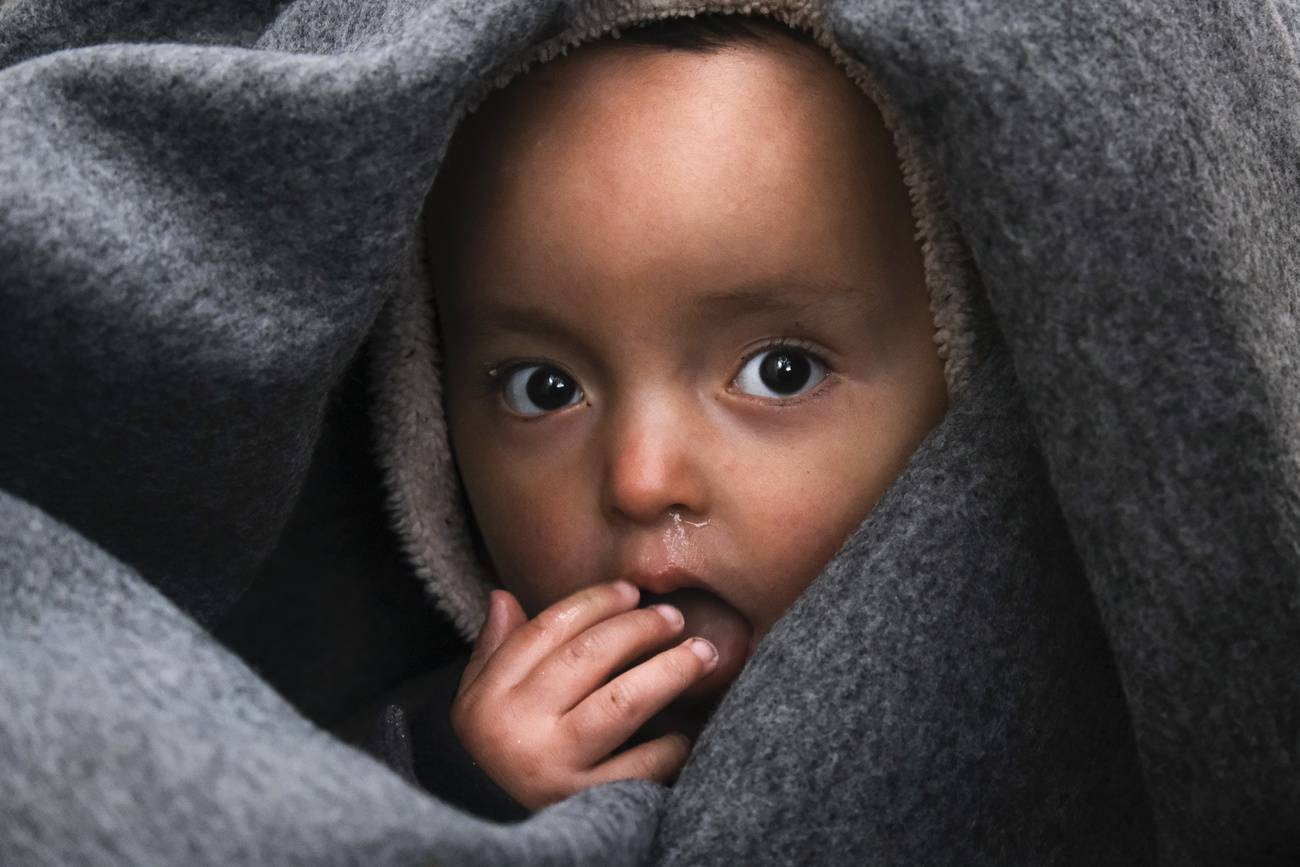
Europeans’ support for refugees remains stable

An international study shows that Europeans’ solidarity towards refugees of varying backgrounds has remained stable over the past decade despite repeated humanitarian crises.
A team of researchers from the federal institute of technology ETH Zurich, the University of California, Berkeley, and Stanford University interviewed 33,000 people from 15 European countries during the 2015–2016 and 2022 refugee crises and asked respondents to evaluate random profiles of asylum-seekers.
In their article published in Nature journal, the researchers conclude that “public preferences for asylum-seekers with specific attributes have remained remarkably stable and general support has, if anything, increased slightly over time”.
Ukrainian asylum-seekers were welcomed in 2022, with their demographic, religious and displacement profile playing a larger role than their nationality. Yet, this welcome did not come at the expense of support for other marginalised refugee groups, such as Muslim refugees, the study concludes.
+ Europe chips away at refugee law as migrant deaths soar
The findings should have implications concerning public attitudes towards refugees and for policymakers who must find effective responses to the enduring stress on the asylum system, they note.
Comparing individual countries, the willingness to accept refugees increased in all countries between 2016-2022. In the UK, for example, it rose by 11 percentage points. The highest approval ratings in the 2022 survey were in Spain and Italy, where 60% and 58% of respondents, respectively, said they were willing to accept refugees in their country. The lowest was the Czech Republic (38%).
Switzerland was in the middle (49%), an increase of 5% compared with 2016.
“The fact that Switzerland is only in the middle is astonishing in that countries such as Italy and Spain, which are exposed to refugees due to their geographical location, are more willing to take in more refugees,” ETH Zurich professor Dominik Hangartner told Swiss public radio, SRF.
+ Illegal immigration into Switzerland almost tripled in 2022
The increases in solidarity over this period were reported across the board, irrespective of respondents’ political position.
The researchers found that attitudes towards Ukrainian refugees were more positive than towards refugees from countries such as Syria, Pakistan or Afghanistan.
“Preference given to the Ukrainian refugees by the interviewees is not primarily due to their origin, but because they meet certain characteristics: female, rather young, well-educated and Christian,” said Hangartner. These attributes would ensure approval.

In compliance with the JTI standards
More: SWI swissinfo.ch certified by the Journalism Trust Initiative

























You can find an overview of ongoing debates with our journalists here . Please join us!
If you want to start a conversation about a topic raised in this article or want to report factual errors, email us at english@swissinfo.ch.